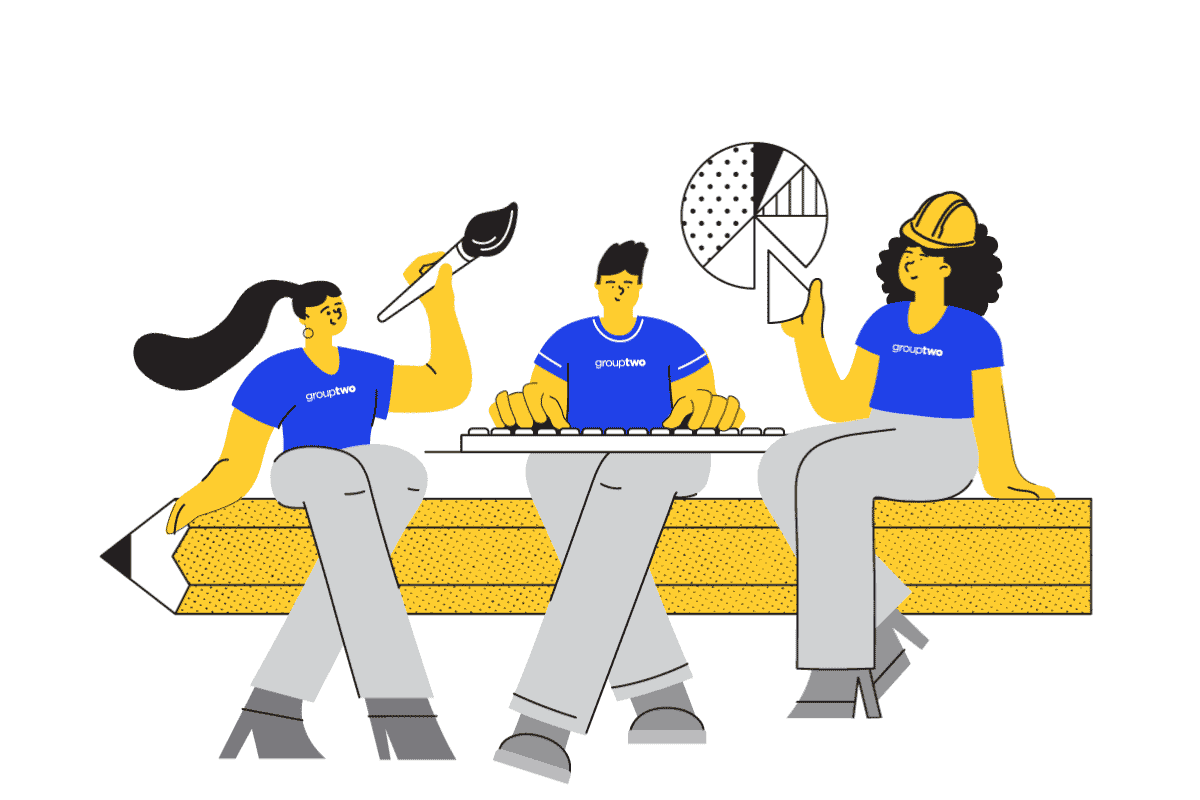So, what is “Cookie-less” all about?
On Google Chrome browsers, cookies are still active, but third-party cookies will be gone by the fourth quarter of 2024. This change is driven by growing concerns about privacy and how companies handle their data. Other web browsers like Firefox and Safari have already blocked third-party cookies by default, and users of Microsoft Edge can choose to block them.
Research from “The State of Consumer Trends in 2023”, conducted by HubSpot and based on data from over 600 consumers, reveals that 81% of people are worried about how companies use their data, and 72% say they’re more likely to buy from companies they trust with their data.
Let’s break down what cookies are. They’re pieces of information stored on your web browser. For instance, when you revisit a website, your browser might remember your username and password or automatically fill in your address. Cookies also keep track of items you’ve added to a shopping cart and help personalize online ads based on your browsing history. You’ve probably noticed ads following you after looking at something online, which can feel intrusive.
Websites primarily use two types of cookies: first-party and third-party.
First-party cookies remember your preferences, login information, and settings, making your browsing experience smoother. Since only the website that creates these cookies can access them, they are safe.
On the other hand, third-party cookies are set by external domains or websites with content embedded on the site you’re visiting. Advertisers and analytics companies often use these cookies to track your activity across different websites, create user profiles, and deliver targeted ads. While this can personalize content, it also raises privacy concerns because it allows tracking of your online behavior across the web.
But here’s the reassuring part: you don’t need to be overly concerned. The phasing out of third-party cookies mainly impacts remarketing and cross-site tracking. Major tech companies like Google and Facebook are already working on solutions. For example, Google Analytics 4 was developed with the removal of third-party cookies in mind. These platforms utilize AI and machine learning to analyze first-party data and predict user behavior, compensating for the loss of detailed insights previously provided by third-party cookies.
Currently, the focus is on first-party cookies. Your Customer Relationship Management (CRM) system is more critical than ever because it relies on first-party data—information prospects willingly share with you. Keeping this data accurate and up to date is crucial for effectively targeting ads and sending emails, for example.
We’ve already employed contextual targeting for remarketing, an alternative to cookie-dependent approaches. Contextual targeting involves placing ads based on content context, ensuring relevance, and sustaining user engagement. In platforms like Google Ads, this includes keyword, topic, and placement targeting, while in Facebook Ads, it encompasses Interest, Life Events targeting, and Lookalike audiences.
As you can see, we are ready for the upcoming changes. We assure you that a “Cookieless World” doesn’t mean cookies are gone. It only refers to third-party cookies being phased out in Google Chrome, which aligns well with consumers’ heightened privacy concerns. As your partner, we’re here to support you in building trust with your shoppers.
We’re closely monitoring Google’s next moves and are committed to keeping you ahead of these changes, ensuring we have the most effective strategies in a post-cookie world.

